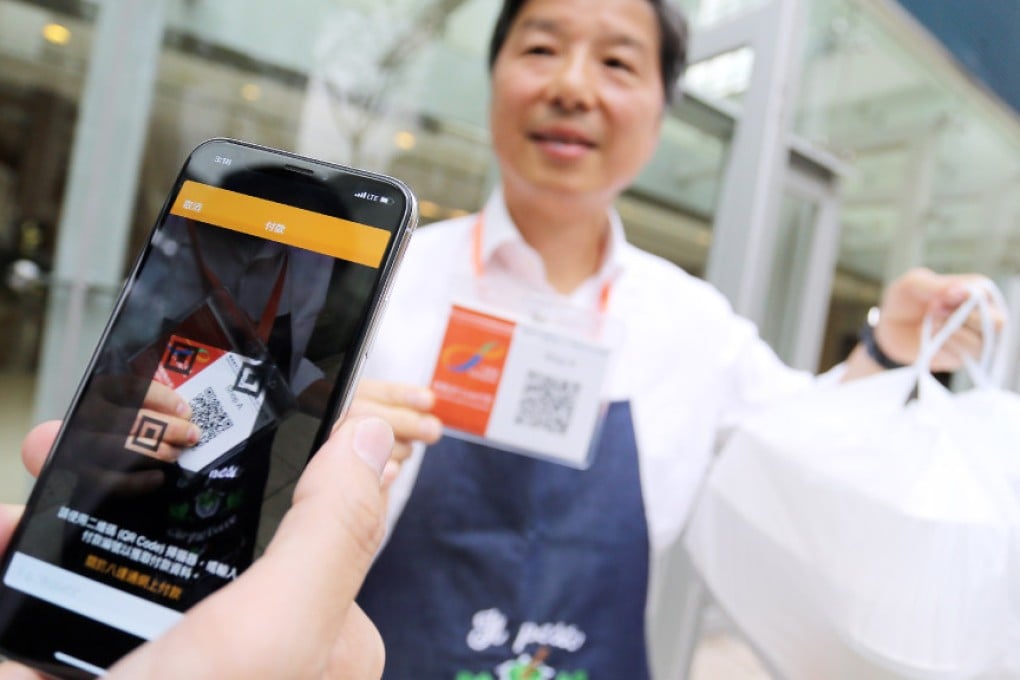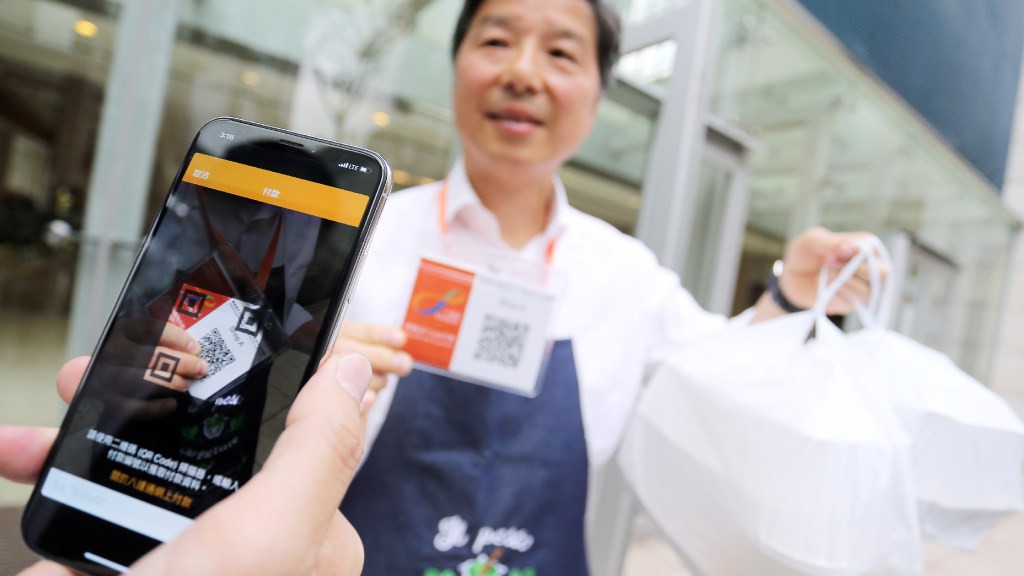China's mobile payments are raising privacy concerns in Shenzhen
Buying food and movie tickets requires sharing a lot of data, and people in China's southern tech hub are getting sick of it

Frustrated and hungry, Wang Xiaoxu finally gave up on a meal with her friends at a local restaurant one night, after the ordering system blocked her when she refused to share personal data via her mobile phone.
“There were no paper menus only a QR code that can be scanned on the table,” said Wang, a 28-year-old engineer in China’s tech hub of Shenzhen. “I had to agree with a request to collect my WeChat name, portrait and region and could not see the menu, make an order or pay my bill if I refused.”
How the QR code conquered China
Wang’s experience is becoming an increasingly common problem in China, where people have been quick to embrace the convenience offered by digital services but slower to understand the potential negatives of sharing their personal data.
That may now be changing though, upending the widespread perception that Chinese people do not care about ‘big brother’ watching their every move.
Last month, Chang Lijie, who also lives in Shenzhen, said he quit trying to buy film tickets online after Maoyan, China’s largest movie ticketing app, asked for his phone number, personal identity information as well as employment details.

“It is really unacceptable that I have to share my personal information just to watch a movie or eat,” said Chang. “I can understand a location request from a weather app to provide a forecast but why do I have to share my phone number and ID just to buy a film ticket?”